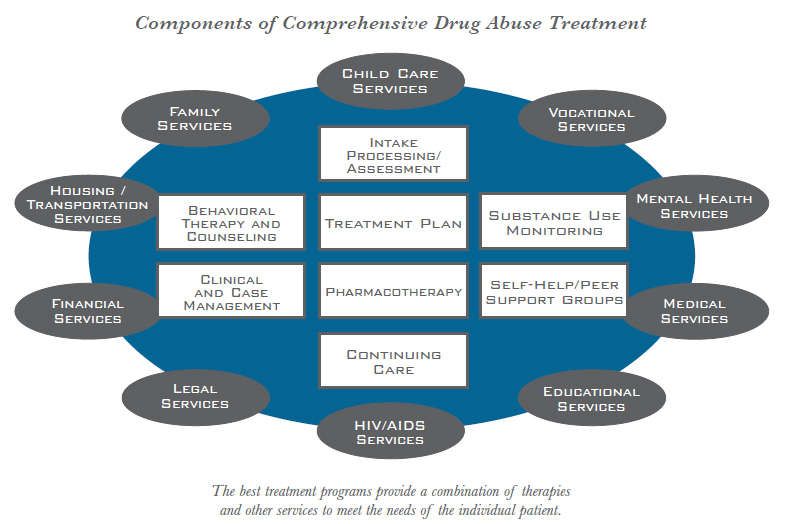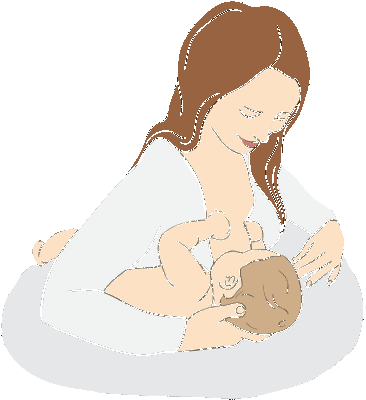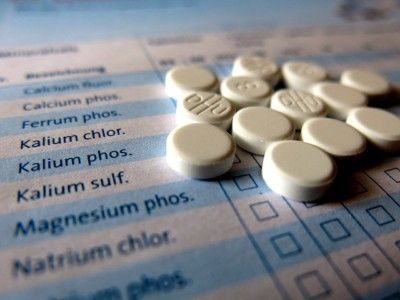Substance abuse and addiction are complex issues affecting millions of individuals worldwide. It is a disease that impacts not only the person struggling with addiction but also their loved ones and society as a whole. However, with the right treatment and support, recovery is possible. In this article, we will explore different aspects of addiction and substance abuse treatment.
Understanding Addiction
Addiction is a chronic brain disease characterized by compulsive drug seeking and use, despite harmful consequences. It is considered a brain disorder because drugs change the brain's structure and the way it functions. Addiction is not a moral failing or a lack of willpower, but rather a medical condition that requires professional help.
Types of Treatment
1. Inpatient Treatment
Inpatient treatment refers to a residential program where individuals stay at a facility dedicated to addiction recovery. This type of treatment offers a structured environment where round-the-clock care is provided. Inpatient treatment is more intensive and suitable for individuals with severe addiction or those who require a higher level of supervision.
2. Outpatient Treatment
Outpatient treatment allows individuals to receive treatment while living at home. It is a less intensive option that offers flexibility, allowing individuals to continue their daily activities. Outpatient treatment is suitable for individuals with mild to moderate addiction or those who have completed an inpatient program and require ongoing support.
3. Therapy and Counseling
Therapy and counseling play a crucial role in addiction treatment. Individual therapy provides a safe space to explore the underlying causes of addiction and develop healthy coping strategies. Group therapy allows individuals to connect with peers who are going through similar experiences and gain support from each other. Family therapy involves the loved ones of the person struggling with addiction, aiming to improve communication and rebuild relationships.
4. Medication-Assisted Treatment
Medication-assisted treatment (MAT) combines medication with behavioral therapies to address addiction. MAT is especially effective for opioid and alcohol addiction. Medications such as methadone, buprenorphine, or naltrexone help reduce cravings and withdrawal symptoms, improving the chances of successful recovery.
The Importance of Aftercare
Recovery from addiction is a lifelong journey. After completing a treatment program, aftercare is essential to maintain sobriety and prevent relapse. Aftercare may include ongoing therapy, support groups, sober living homes, or regular check-ins with a healthcare professional. It provides ongoing support and guidance, helping individuals build a strong foundation for a drug-free life.
Building a Supportive Environment
Support from family, friends, and the community is crucial for individuals in recovery. Building a supportive environment involves creating understanding and empathy, eliminating stigma, and encouraging open conversations about addiction. By supporting individuals in seeking treatment and providing a safe space, we can contribute to their long-term recovery.
Seeking Help
If you or someone you know is struggling with addiction, seeking help is the first step towards recovery. There are numerous resources available such as helplines, treatment centers, and support groups. Remember, you are not alone, and there is help available.
In Conclusion
Addiction and substance abuse treatment is a complex and ongoing process. It requires professional help, support, and a commitment to change. By understanding addiction, exploring various treatment options, and promoting a supportive environment, we can make a significant difference in the lives of those struggling with addiction. Recovery is possible, and every individual deserves a chance at a healthier and brighter future.









